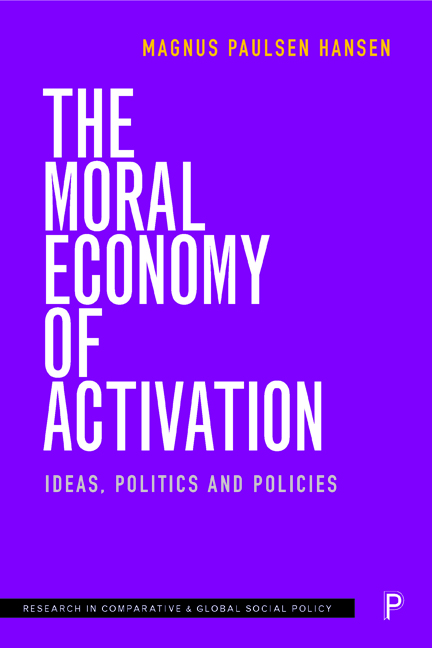4 - From Looking Backwards to Forwards: Unemployment Insurance, France, 2000
Published online by Cambridge University Press: 10 March 2021
Summary
In early 2000, the major French employers’ organisation Medef launched a programme of social reform that coincided with the triannual negotiations of the convention of the unemployment insurance system. This process, which was not without controversy, led to the introduction of PARE, the ‘aid plan for the return to employment’. Figure 4.1 provides an overview of the key events during the debate up to the ratification of PARE.
The instruments of PARE included an individual contract that would oblige the unemployed to engage in ‘personalised’ jobseeking activities while gaining access to support such as training courses. Further, PARE strengthened requirements for jobseekers to accept job offers from the job exchange service as well as introducing sanctions for refusing jobs and for contractual infringements. The trade unions were divided in their stance towards this, causing intense debate that finally resulted in the adoption of the reform with the support of the government. The instruments of PARE did not replace the existing scheme, but the introduction of various tests fundamentally changed the way the unemployed were qualified morally. Hence, PARE marks a tipping point (in favour of activation) in the governing of insured unemployed people in France.
The chapter is structured as follows. The first two sections introduce the historical creation and development of the French unemployment insurance system. The aim is to provide a brief picture of the compromises that have shaped the system and have ‘sedimented’ in its institutions and instruments, and to consider the effect of intellectual movements on perceptions of the problem of unemployment. The following four sections present the justifications, test situations and compromises that characterised the reform debate, while the final section analyses the institutional and instrumental changes adopted in the legal convention and briefly addresses subsequent reforms.
Creation and reforms of French unemployment insurance
It was not until 1958 that a nationally governed system of unemployment insurance was established in France. Since the end of the 19th century, unemployment was handled by local insurance funds organised by workers and employers, and delimited by professional borders alongside local, but publicly funded, schemes of ‘assistance’ involving extensive control and workfare schemes to counter ‘voluntary idleness’ (Daniel and Tuchszirer, 1999, pp 85, 161). Even though the insurance schemes had been subsidised by the state since 1905, they played a marginal role (Daniel and Tuchszirer, 1999, p 89).
- Type
- Chapter
- Information
- The Moral Economy of ActivationIdeas, Politics and Policies, pp. 65 - 90Publisher: Bristol University PressPrint publication year: 2019

